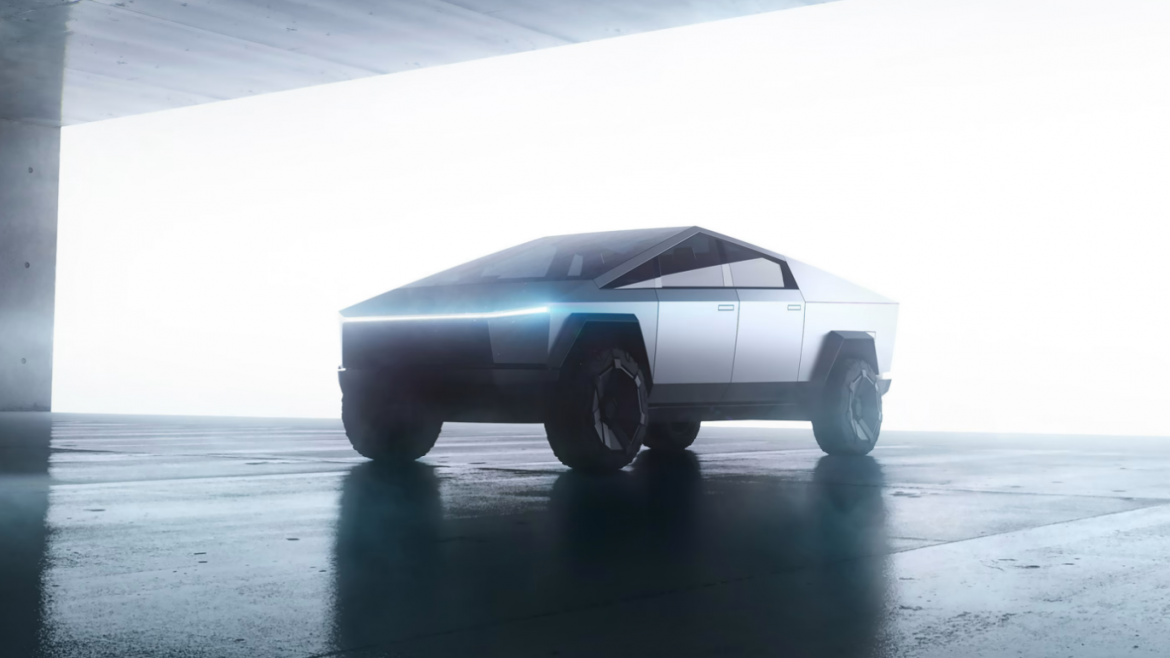Tesla, the pioneering electric vehicle manufacturer, has announced two separate recalls affecting its much-anticipated Cybertruck, raising concerns about the vehicle’s quality control and production processes. The recalls, which collectively impact over 11,000 units, address issues with the windshield wiper system and exterior trim attachment, potentially compromising safety and performance.
The U.S. National Highway Traffic Safety Administration (NHTSA) disclosed that 11,688 Cybertrucks are being recalled due to a potential failure in the windshield wiper motor controller. This malfunction could result from excessive electrical current, leading to reduced visibility for drivers and increasing the risk of accidents. In a separate notice, the NHTSA revealed that 11,383 Cybertrucks are being recalled to address improperly attached trim in the truck bed, which could become loose and create hazards for other motorists.
These recalls come on the heels of a previous issue in April, where nearly 4,000 Cybertrucks were recalled to fix a problem with the accelerator pedal pad that could potentially detach and interfere with the vehicle’s interior trim. The recurring nature of these recalls raises questions about the Cybertruck’s readiness for mass production, which is slated to begin next year.
The Cybertruck, known for its futuristic design inspired by the film “Blade Runner,” has faced numerous challenges since its inception. Tesla began delivering the vehicle to customers in November 2023 after significant delays and production difficulties. CEO Elon Musk had previously described the production ramp-up as Tesla digging its own “grave,” highlighting the complexities involved in bringing this innovative vehicle to market.
To address the current recalls, Tesla’s service team will replace the wiper motor and apply an adhesion promoter and pressure-sensitive tape or replace the missing trim free of charge for affected vehicles. These actions demonstrate Tesla’s commitment to rectifying the issues promptly and ensuring customer safety.
It’s worth noting that while these specific recalls require physical repairs, many of Tesla’s previous recalls have been resolved through over-the-air software updates, showcasing the company’s advanced technological capabilities. However, the need for hands-on fixes in this instance underscores the complexity of the Cybertruck’s design and manufacturing process.
The recalls add to a growing list of quality control issues faced by Tesla in recent months. In the first quarter of 2024 alone, the company initiated recalls affecting approximately 2.4 million vehicles, according to data from recall management firm BizzyCar. The majority of these recalls were related to an incorrect font size on warning lights, affecting 2.2 million vehicles in the United States.
As Tesla continues to navigate the challenges of producing the Cybertruck at scale, these recalls serve as a reminder of the hurdles facing innovative automotive designs. The company’s ability to address these issues efficiently and effectively will be crucial in maintaining consumer confidence and ensuring the long-term success of the Cybertruck program.



